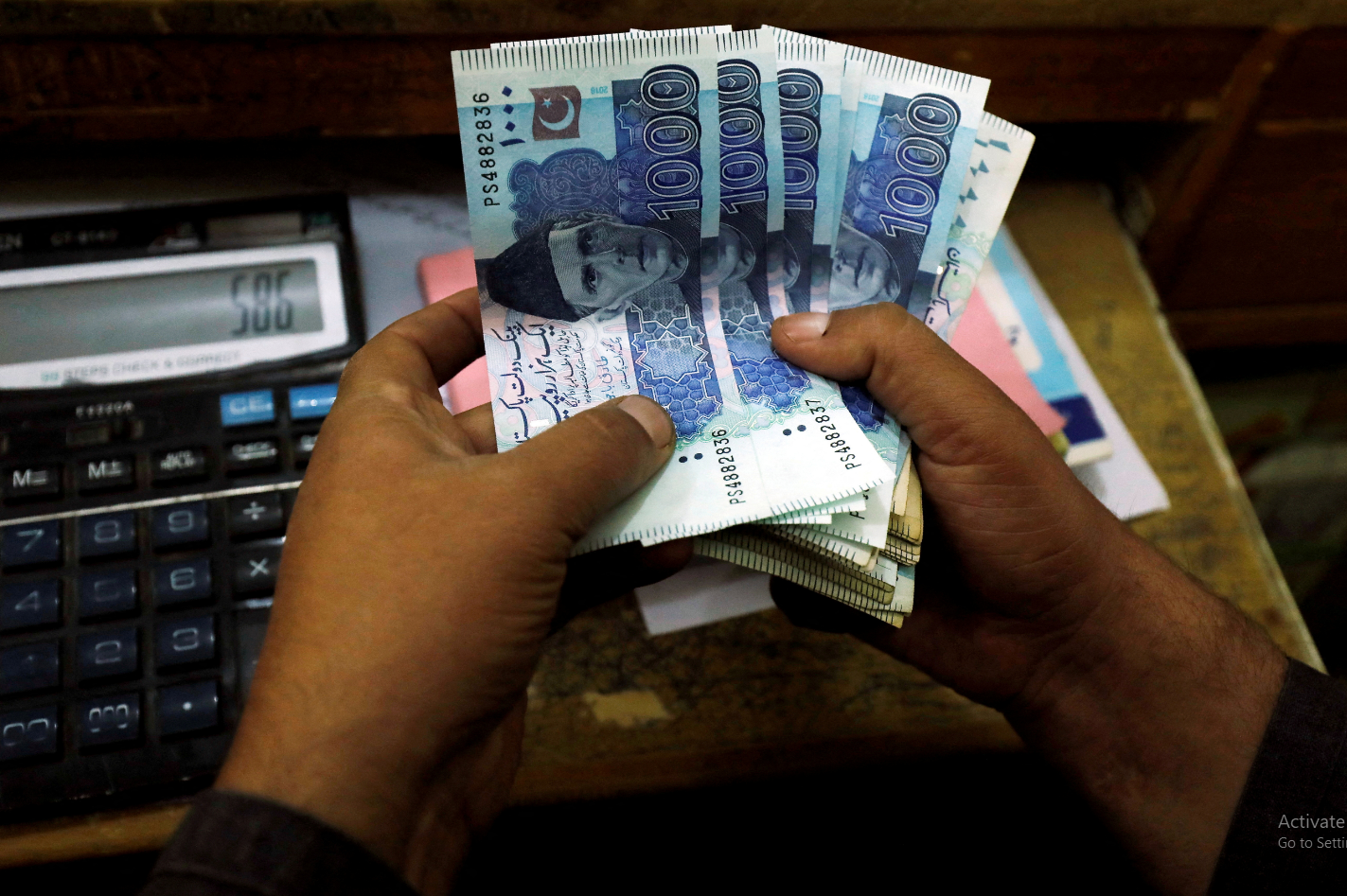Value proposition of Islamic finance

KARACHI:
In a world driven by economic dynamism and financial innovation, Islamic finance stands out as a unique and increasingly influential system that places emphasis on real trade and economic activity while excluding interest-based transactions, speculation, artificial financial instruments and toxic assets such as traditional derivatives.
Islamic finance is rooted in Islamic commercial law and is supported by a strong ethical foundation. It emphasizes fair conduct, risk sharing and asset-backed transactions. According to the Islamic Finance Development Report 2023, the global Islamic finance industry continued its growth momentum. Assets exceeded $4.5 trillion and the number of Islamic financial institutions increased to 1,871. The annual growth rate is about 11%.
Thanks to this impressive achievement, Islamic finance is no longer a niche market but a major player in the global financial landscape.
The Islamic finance industry can now be found in over 120 countries in the form of Islamic banking, fund management, takaful, sukuk or Islamic fintech. In terms of governance, at least 55 global jurisdictions have an Islamic finance law or regulations to support the industry, while 20 countries have central Shariah governance bodies. In terms of global sustainability efforts, outstanding ESG sukuk has exceeded $24 billion, according to the 2023 IFD report, while ESG-related funds manage over $6 billion.
To improve the sustainability impact of Islamic finance, 42 countries have issued sustainability guidelines. The amount of CSR funds disbursed by Islamic financial institutions has exceeded US$1.5 billion.
Understanding the value proposition of Islamic finance and promoting ethical financial governance opens a path to financial inclusion, ethical prosperity and sustainable growth.
At its core, Islamic finance is based on principles derived from Islamic commercial law that prohibit certain activities such as interest-based transactions, uncertainty in commercial contracts, speculation and gambling.
Interestingly, Islamic finance shares the same prohibition on interest-based transactions as other major religions, including Christianity and Judaism.
As an alternative to traditional financial practices, Islamic finance promotes risk sharing, asset-backed trading transactions and equity-based models based on the sharing of profits and losses.
In addition, it promotes a system of ethical screening of antisocial and harmful businesses, requiring Islamic financial institutions to stay away from companies involved in alcohol, gambling, tobacco, the arms industry and adult entertainment. The ethical framework promotes stability, transparency and social responsibility and is in line with broader societal values.
The most important pillars of Islamic finance include the concept of equity participation and profit and loss sharing agreements (such as Musharakah), which are mainly applied on the deposit side.
Unlike conventional financing, where lenders are guaranteed fixed returns regardless of the outcome, Islamic financing shares risks and rewards. This not only promotes fairness but also aligns the interests of investors with the success of the underlying projects or ventures.
In addition, Islamic finance emphasizes asset-backed trade-based finance (murabaha – a cost-plus sale transaction), where transactions involve the sale of physical assets such as real estate, commodities or equipment. This provides greater security for both parties involved and reduces the potential for speculative behavior.
Islamic finance also encourages institutions to acquire ownership interests in physical assets, plant and machinery and promotes rental-based contracts (Islamic leasing) where the risk of ownership is borne by the Islamic financial institution while the client pays rent for the use of the asset. This form of financing is also very popular in financing infrastructure projects and project finance deals.
The principles of Islamic finance go beyond individual transactions and encompass broader economic objectives. The field of Islamic finance also includes Islamic social finance, an integral area of Islamic finance that not only extends the reach to almost all Muslims but also has the potential to contribute to sustainable growth and economic development of society on a global level.
Islamic social finance is a multifaceted approach that focuses on the principles of justice, equity, social responsibility and the common good. It aims to address socioeconomic inequalities, promote sustainable development and strengthen community cohesion.
Islamic social finance instruments primarily include Zakat (obligatory almsgiving), Sadaqah (voluntary charity), Waqf (endowments and trusts) and Qard al-Hasan (benevolent interest-free loans), while innovative development in this field now also includes Islamic microfinance, social Sukuk, socially responsible investment (SRI), as well as Islamic crowdfunding and ethical investment.
In addition, Islamic finance promotes ethical behavior and responsible financing practices. The prohibition of interest prevents excessive debt accumulation and encourages prudent financial management. This reduces the likelihood of a financial crisis and promotes long-term economic stability.
In an increasingly interconnected world, Islamic finance offers opportunities for financial inclusion as well as cross-border cooperation and investment.
With the growing Muslim population and increasing demand for Shariah-compliant financial products, Islamic finance has expanded beyond traditional Islamic markets and is now attracting interest from investors around the world. This globalization of Islamic finance not only diversifies investment portfolios but also promotes cultural understanding and cooperation.
The author is Director of the IBA Centre for Excellence in Islamic Finance



